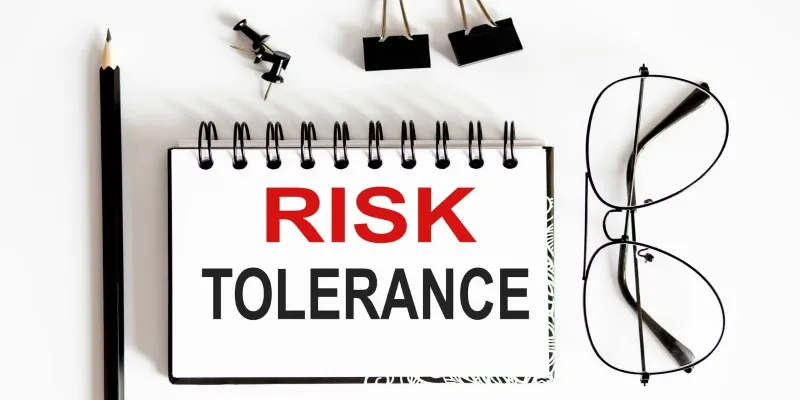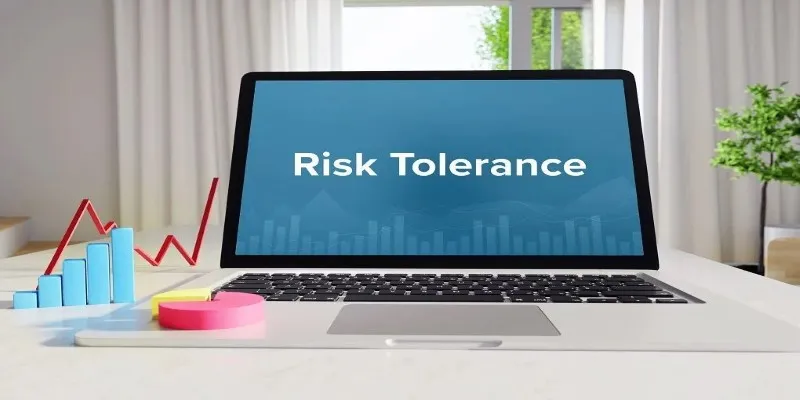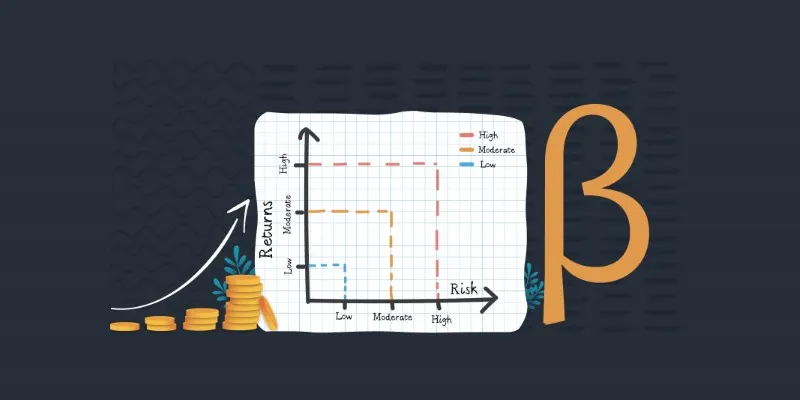Understanding Risk Tolerance: A Key to Smarter Financial Decisions
We’re all unique when it comes to managing our finances. Our priorities, goals, and risk levels shape our monetary decisions. One fundamental concept in personal finance is understanding your risk tolerance. But what is it, and why does it matter so much? Risk tolerance is your comfort level with financial risk in pursuit of your financial goals. This article will delve into risk tolerance, how to identify yours, and its significance in achieving your financial health goals.

Understanding Risk Tolerance
Risk tolerance is your readiness to accept risk when making a financial decision. It’s a personal trait that varies from person to person. Some people are naturally risk-averse, preferring low-risk investments, while others are willing to embrace higher risk for potentially better returns. It impacts nearly all aspects of your financial planning, from your choice of investments to your approach to unexpected expenses.
Your risk tolerance depends on various factors, such as your age, financial goals, personal experiences, and your comfort level with uncertainty. A younger individual might be more willing to take stock market risks, while someone nearing retirement might prefer safer options like bonds. The trick is balancing risk and reward to align with your life stage, financial aspirations, and comfort zone.
How to Determine Your Risk Tolerance
Understanding your risk tolerance begins with introspection. How do you handle uncertainty? Are you anxious when things aren’t guaranteed, or do you relish the thrill of the unknown? This is not just about financial risks; it also relates to how you approach life’s uncertainties.
To gauge your risk tolerance, ask yourself some questions. How comfortable are you with the potential of losing money for the chance to make more? How much financial loss can you withstand without it affecting your lifestyle or emotional well-being? Online risk tolerance quizzes can also help you assess your comfort level in different financial scenarios.
Once you understand your risk tolerance, it’s crucial to align it with your financial goals. If you’re saving for a short-term goal, like buying a house, you might not want to take too much risk. However, if you’re investing for retirement in 20-30 years, you may be able to weather short-term volatility and accept higher-risk investments.
The Importance of Risk Tolerance

Understanding your risk tolerance is pivotal for making informed financial decisions. Without this understanding, you may opt for investment options or financial strategies that lead to unnecessary stress or avoidable losses. Here are a few reasons why risk tolerance is so important:
Minimizes Financial Stress
By aligning your investments and financial strategies with your risk tolerance, you reduce the chances of experiencing significant stress during market downturns or unexpected financial events. You’re less likely to panic or make hasty decisions that could harm your financial future.
Guides Your Investment Strategy
Your risk tolerance is central in determining suitable investments. If you’re more risk-averse, you might prefer safer options like bonds or savings accounts. Conversely, if you have a higher risk tolerance, you might consider equities or real estate, which offer potentially higher returns but come with increased volatility.
Supports Your Long-Term Financial Goals

Over time, your financial goals and risk tolerance will evolve. Understanding where you stand now allows you to adjust your approach as needed. For example, a younger individual with higher risk tolerance might choose more aggressive investments early in their career, but as they near retirement, they might shift towards lower-risk investments to protect their accumulated wealth.
Enhances Decision-Making
Understanding your risk tolerance helps you make better overall decisions. Whether it’s choosing investments, budgeting for future expenses, or planning for life’s uncertainties, a clear understanding of your comfort level helps you make smarter, more informed choices.
Adjusting Your Risk Tolerance Over Time
Risk tolerance isn’t static—it can change over time as your life circumstances, financial goals, and comfort with uncertainty evolve. That’s why it’s crucial to periodically reassess your risk tolerance. Major life events like a job change, a financial windfall, or a significant setback can also impact your willingness to take on financial risk. These changes should prompt you to reevaluate your financial plan to align better with your current situation.
For example, if you’ve recently paid off a significant debt, you might find that you’re in a better financial position to invest more aggressively. Conversely, if you’ve experienced a major financial setback, like losing a job or facing a large medical expense, you may feel more risk-averse and want to focus on building your emergency fund or paying down debt.
Conclusion
Risk tolerance is a crucial element of sound financial planning. It’s a framework within which all financial decisions should be made, ensuring that you pursue your goals in a way that aligns with both your objectives and your comfort level. Whether you’re an investor looking to build wealth over time or someone trying to navigate everyday financial decisions, understanding your risk tolerance will keep you grounded and help you make smarter, less stressful choices.











